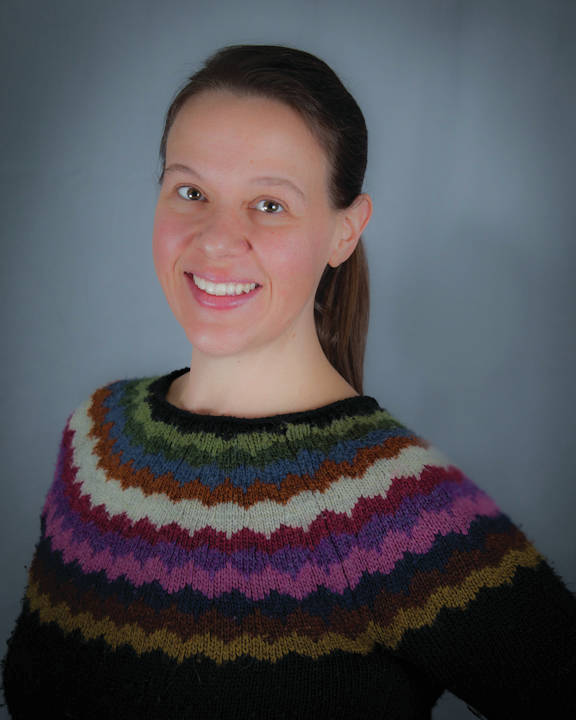September is national recovery month, an international observance to celebrate the millions of people in recovery from substance use. Most of us know someone who has been affected by addiction, which is not surprising given that one in seven Americans will experience addiction to alcohol or drugs sometime in their lifetime. What you might not know is that over 20 million Americans are in recovery from a drug or alcohol use problem.
The American Society of Addiction Medicine defines addiction as “a treatable, chronic medical disease involving complex interactions among brain circuits, genetics, the environment, and an individual’s life experiences. People with addiction use substances or engage in behaviors that become compulsive and often continue despite harmful consequences. Prevention efforts and treatment approaches for addiction are generally as successful as those for other chronic diseases”.
Recognizing that addiction is a chronic disease which has effective treatments is crucial. A 30-day stay in rehab will not “cure” someone of their addiction. Just as with any chronic disease, people need to continue treatment and monitoring with their medical, behavioral health and recovery support resources for many years to maximize their success in sustaining long term recovery.
For some addictions, such as opioid and alcohol use disorders, medications can be critical to stabilizing a person’s health and supporting their maintenance of recovery. Patients who take medications for opioid use disorder are more than five times more likely to avoid return to use and stay in recovery, and experience an 80% reduction death rates. Just as with medications to treat other chronic diseases such as diabetes and heart disease, these medications are intended for long term use, and stopping medication treatment too soon can lead to devastating consequences. For example, a patient who stops taking their medication to treat opioid use disorder is at a 10-fold risk for fatal opioid overdose.
Unfortunately, the stigma around addiction and treatment can prevent many from seeking medical care, and only one in five people with substance use disorders get the care that they need. Stigma can also cause people to stop taking their medications too soon, sometimes due to pressure from well-meaning family and friends. Stigma also prevents people in long term recovery from sharing their success stories, for fear of their community, friends and co-workers treating them differently.
I am blessed in my job as an addiction medicine physician to see amazing and inspiring success stories of people in long term recovery. I get to see firsthand people who are homeless, in prison or unable to care for their children become incredible individuals who get full time employment, attend college and become stellar parents and valuable community members.
We need to make our community a safe place for people in treatment and recovery by encouraging them to stay in treatment, ensuring our community has adequate recovery support services, and celebrating their stories of recovery. Learn more about how you can help reduce the stigma around addiction and support people in recovery at www.facesandvoicesofrecovery.org and get engaged with our local community coalition that works to decrease stigma around addiction, increase access to affordable local treatment services and collectively focus on upstream prevention efforts. The Southern Kenai Peninsula Opioid Task Force meets virtually every month; get connected to the task force & find local treatment resources at www.allthingsaddiction.net.
Dr. Sarah Spencer is an addiction medicine specialist who provides treatment for substance use disorders in Ninilchik and Homer, volunteers with Homer’s syringe access program, and teaches health care workers and community members all around Alaska about addiction and its treatment. Dr. Spencer is actively engaged with MAPP and the Southern Kenai Peninsula Opioid Task Force, a community coalition that aims to find local solutions for substance misuse and addiction.
MAPP (Mobilizing for Action through Planning and Partnerships) is a local health improvement coalition with the vision of a proactive, resilient and innovative community.


